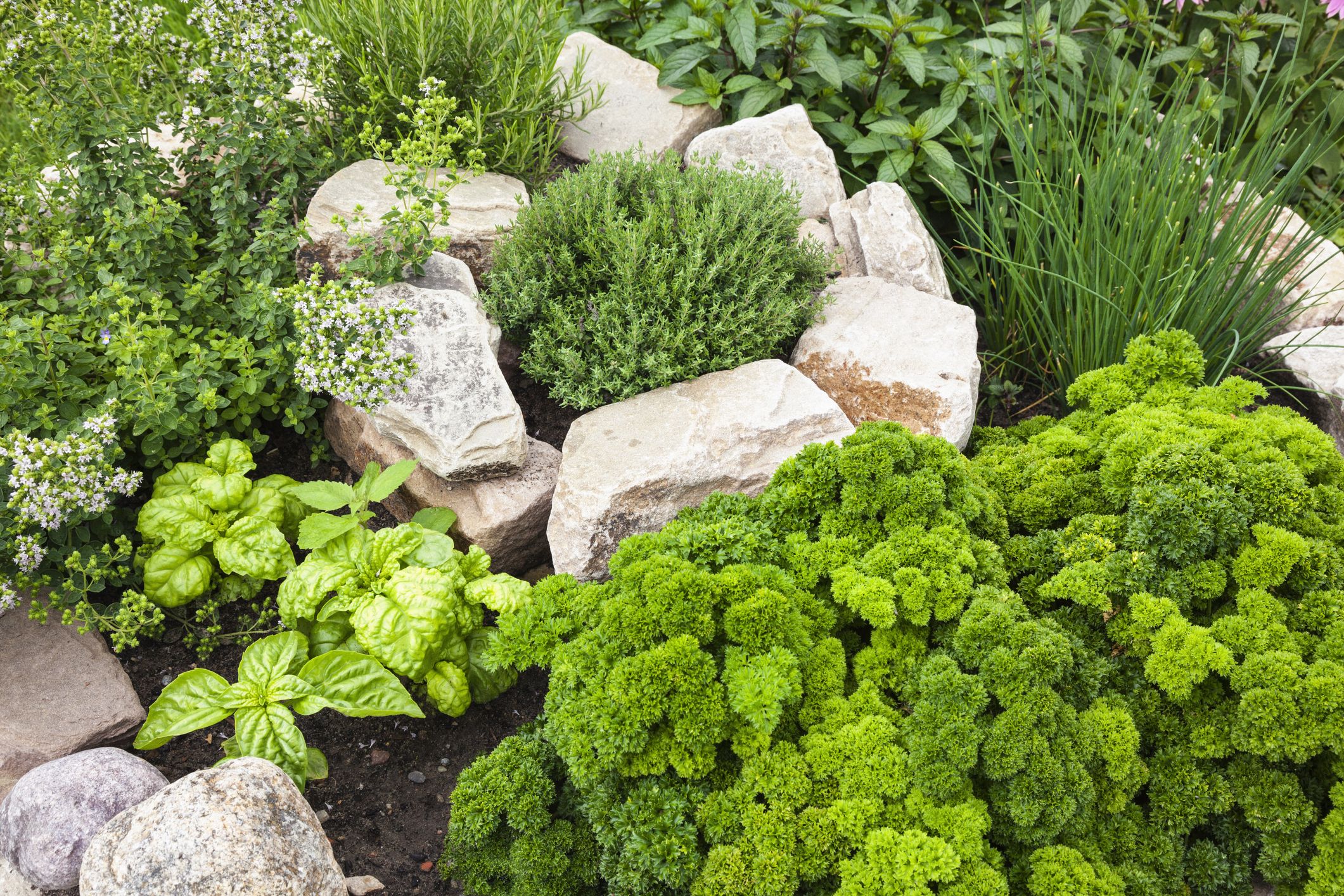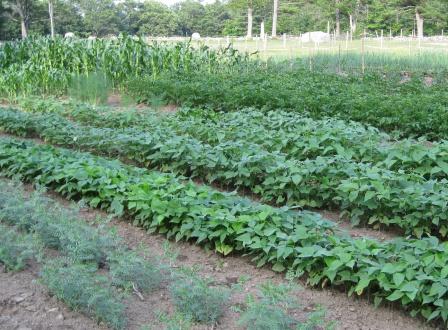Beneficial Your Peppers to Perfection: Unwinding the Keys Behind the Finest Fertilizers for Optimum Crop Wellness
Are you looking to expand the juiciest, most delicious peppers? Look no additional! In this post, we'll uncover the tricks behind the finest plant foods to accomplish optimal plant wellness. From recognizing the value of soil nutrients to understanding the application methods, we'll direct you every action of the method. Whether you favor artificial or natural fertilizers, we've obtained you covered. Obtain all set to nourish your peppers to perfection and enjoy the plentiful rewards!
Relevance of Dirt Nutrients

One of the most important soil nutrients is nitrogen. Without adequate nitrogen, plants will have yellowing fallen leaves and reduced total vitality.
Phosphorus is one more essential nutrient for plant growth. It plays an essential role in energy transfer and is necessary for the growth of strong roots and flowers. Phosphorus shortage can result in inadequate root development and lowered blooming, ultimately affecting crop return.
Potassium is vital for managing water uptake and enhancing plant resistance to conditions and pests. It additionally adds to the general high quality and preference of the plants. A lack of potassium can result in weak stems, bad fruit development, and enhanced vulnerability to diseases.
In addition to these primary nutrients, plants also call for second nutrients like calcium, sulfur, and magnesium, in addition to trace elements like iron, manganese, and zinc. Each nutrient has a specific feature in plant growth and growth, and a shortage in any one of them can have destructive effects on plant health and wellness.
Comprehending NPK Ratios

The NPK ratio is a representation of the proportion of these 3 nutrients in a plant food. A fertilizer with an NPK proportion of 10-10-10 consists of equivalent quantities of nitrogen, phosphorus, and potassium.
Nevertheless, it's crucial to note that the precise NPK proportion needed might differ relying on factors such as soil kind, climate, and specific plant demands. Performing a dirt examination can help identify the nutrient deficiencies or extras in your dirt and overview you in picking the best plant food with the ideal NPK proportion.
Organic Vs. Synthetic Plant Foods
You often encounter the argument between synthetic and natural plant foods when it comes to nourishing your peppers for optimum crop health and wellness. Organic fertilizers likewise improve dirt framework and fertility, advertising beneficial microbial task.
On the various other hand, synthetic plant foods are made chemically and offer nutrients in an easily offered kind. They are created to provide nutrients promptly, which can be beneficial in particular situations, such as fixing serious nutrient shortages. Nonetheless, synthetic plant foods can also bring about nutrition discrepancies and soil degradation if made use of exceedingly or poorly. They may also add to water pollution if not made use of responsibly.
Ultimately, the selection in between natural and synthetic fertilizers depends upon your particular needs and preferences. Organic fertilizers offer long-lasting dirt wellness benefits and are extra sustainable in the long run, yet they may not provide immediate results. Artificial plant foods, on the other hand, can supply quick nutrients yet may have negative ecological effects. It is vital to meticulously take into consideration these variables and pick the plant food that finest fits your values and goals.
Ideal Plant Food Application Techniques
Continuing the conversation on synthetic and organic fertilizers, allow's check out the most efficient techniques for using plant foods to your peppers. Proper plant food application is important for optimizing plant wellness and return.
For granular fertilizers, relayed them uniformly over the dirt surface. Make use of a spreader to ensure consistent distribution. After spreading, Click This Link lightly rake the plant food right into the leading layer of dirt to avoid runoff and increase absorption. Water the area thoroughly to help the nutrients penetrate the root area.
Liquid fertilizers can be applied with foliar splashing or through the watering system. Foliar spraying entails splashing the fertilizer directly onto the leaves. This method permits quick nutrient absorption and is optimal for fixing nutrient deficiencies. When making use of the watering system, weaken the fluid plant food according to the maker's guidelines and apply it equally to the soil.
Remember to follow the advised application prices to prevent over-fertilization, which can harm your peppers. Routine surveillance and adjusting of plant food application is essential throughout the growing season. By using fertilizers properly, you can supply your peppers with the important nutrients they need for healthy and balanced growth and abundant harvest.
Supplementing With Trace Elements
To ensure ideal crop wellness and yield, it is essential to supplement your peppers with crucial useful link trace elements. Micronutrients are crucial for the general growth and growth of your plants, as they play a critical role in various physiological processes. These nutrients are required in tiny amounts, but their lack can drastically affect the health and wellness and performance of your pepper plants.
Without enough iron, your pepper plants may develop yellow leaves, stunted growth, and minimized fruit production. You can provide your peppers with iron through foliar sprays or dirt applications of iron chelates, which are conveniently offered in yard facilities.
Another micronutrient that plays an important role in pepper development is zinc. You can supply your peppers with zinc via the usage of zinc sulfate or zinc chelates, either as a foliar spray or soil application.
Along with iron and zinc, other vital trace elements for peppers consist of manganese, copper, boron, and molybdenum. These trace elements are entailed in numerous metabolic processes and are needed for optimum pepper development and efficiency. best fertilizers for peppers. It is necessary to frequently keep an eye on the nutrient levels in your soil and plants, and make adjustments as required to ensure your peppers receive the essential trace elements for healthy and balanced development and plentiful yields
Verdict
In verdict, picking the ideal plant food and applying it appropriately is essential for the health and wellness and performance of your pepper plants. Understanding the relevance of soil nutrients, NPK ratios, and the differences in between artificial and natural plant foods is key.
On her comment is here the other hand, synthetic fertilizers are produced chemically and give nutrients in a readily offered form. Artificial fertilizers can likewise lead to vitamins and mineral inequalities and dirt destruction if utilized exceedingly or poorly.Continuing the discussion on natural and artificial fertilizers, let's explore the most reliable strategies for applying fertilizers to your peppers. By using fertilizers correctly, you can give your peppers with the important nutrients they require for healthy and balanced growth and abundant harvest.
Recognizing the importance of soil nutrients, NPK proportions, and the distinctions between artificial and natural plant foods is essential.